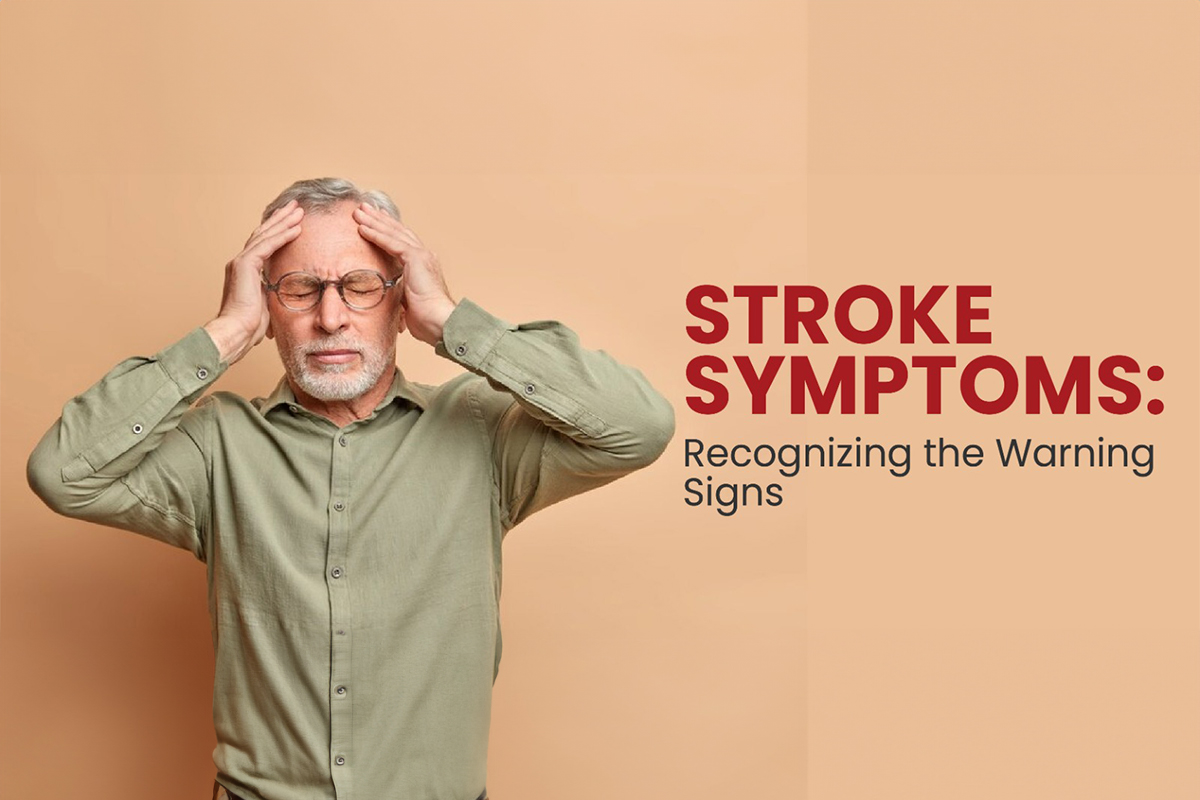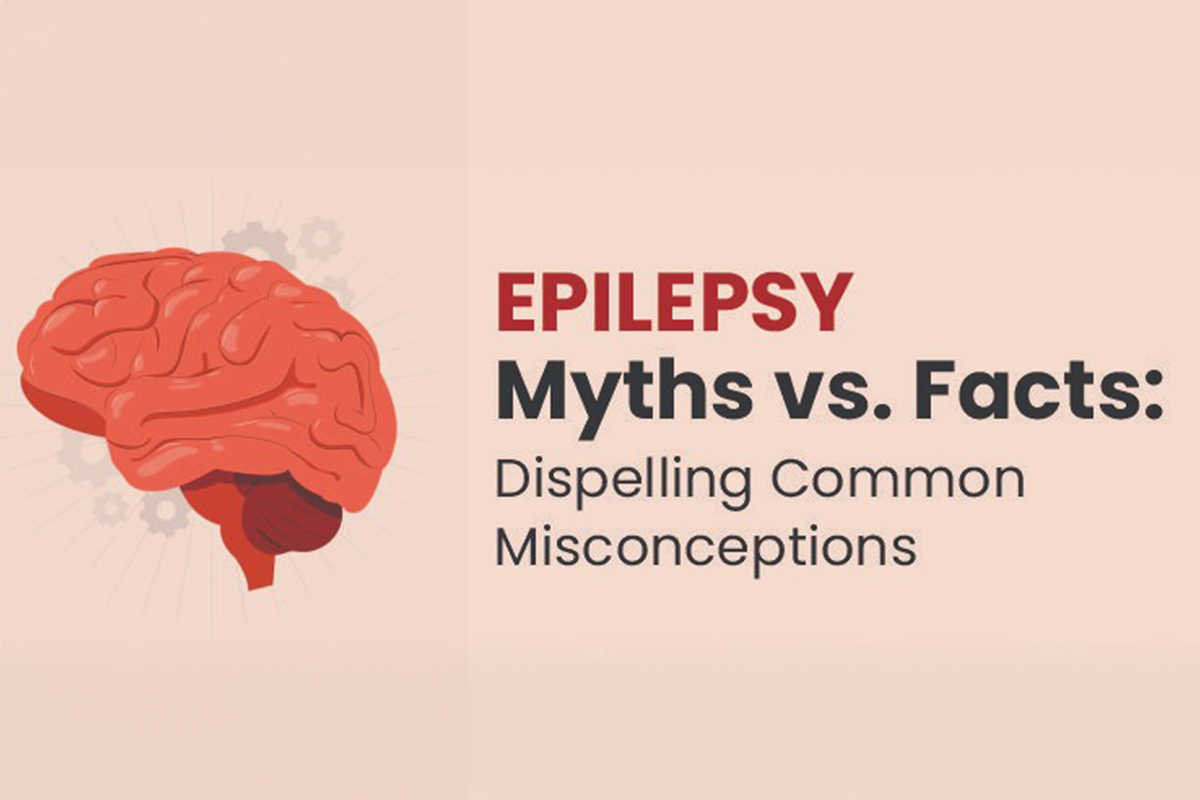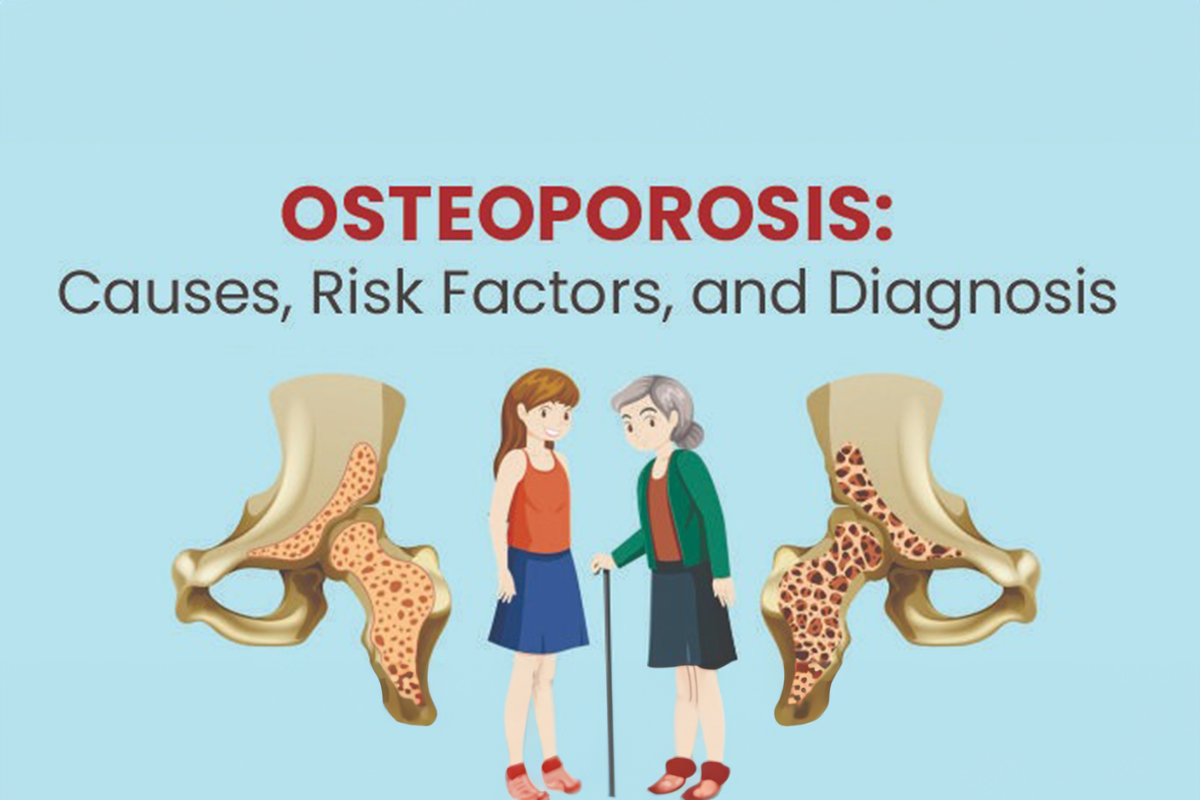
Understanding Stroke: Causes, Types, and Risk Factors
By in Neurosciences
Oct 30, 2023
Stroke is a severe medical condition with far-reaching implications, affecting millions of people globally. It occurs when the blood supply to the brain is disrupted, leading to damage or death of brain cells. It is a leading cause of disability and death worldwide, but with increased awareness and understanding, many strokes can be prevented or managed effectively. In this article, we will explore the causes, types, and risk factors associated with stroke.
The causes of ischemic stroke include:
- Atherosclerosis: The gradual buildup of fatty deposits and plaque in the arteries can narrow or block blood flow to the brain.
- Cardiovascular Disease: Conditions such as heart disease, atrial fibrillation (an irregular heartbeat), and heart valve abnormalities can increase the risk of blood clots forming in the heart and travelling to the brain.
- High Blood Pressure: Uncontrolled hypertension damages blood vessels, making them more prone to clot formation.
- Diabetes: Diabetes increases the risk of stroke by contributing to atherosclerosis and hypertension.
- Smoking: Cigarette smoking damages blood vessels, promotes clot formation, and accelerates atherosclerosis.
- Hypercoagulable conditions like Protein C and protein S deficiency, anti Thrombin 3 deficiency and hyperhomocysteinemia
The causes of hemorrhagic stroke include:
- High Blood Pressure: Chronic hypertension weakens blood vessel walls, making them susceptible to rupture and bleeding.
- Brain Aneurysms: Weakened areas in blood vessel walls can balloon and eventually burst, causing bleeding in the brain.
- Arteriovenous Malformations (AVMs): Abnormal tangles of blood vessels can rupture and result in bleeding in the brain.
Risk Factors for Stroke:
Several risk factors increase the risk of having a stroke. Some are controllable, while others are not. The major risk factors include:
- High Blood Pressure (Hypertension): This is the single most significant risk factor for stroke. Uncontrolled high blood pressure can damage arteries over time, making them more susceptible to clotting or bursting.
- Smoking: Smoking narrows the blood vessels and increases the chances of blood clots.
- Diabetes: High blood sugar levels can damage blood vessels over time, making clots more likely to form.
- High Cholesterol: High levels of low-density lipoprotein (LDL) cholesterol can lead to the buildup of plaque in the arteries, increasing the risk of an ischemic stroke.
- Obesity: Being overweight contributes to other risk factors like high blood pressure, diabetes, and high cholesterol.
- Atrial Fibrillation: This irregular heart rhythm can lead to the formation of blood clots in the heart, which can travel to the brain.
- Family History: Having a close relative who has had a stroke raises the risk.
- Age: The risk of stroke increases with age. Most strokes occur in people over 65, but they can happen at any age.
- Race: People of African, Hispanic, or Asian/Pacific Islander descent may be at a higher risk.
- Gender: More women than men have strokes, partly because women live longer.
- Previous Stroke or TIA: If you’ve had a stroke or transient ischemic attack (TIA, often called a “mini-stroke”), your risk is higher.
- Sedentary Lifestyle: Lack of physical activity can lead to other risk factors like obesity and high blood pressure.







